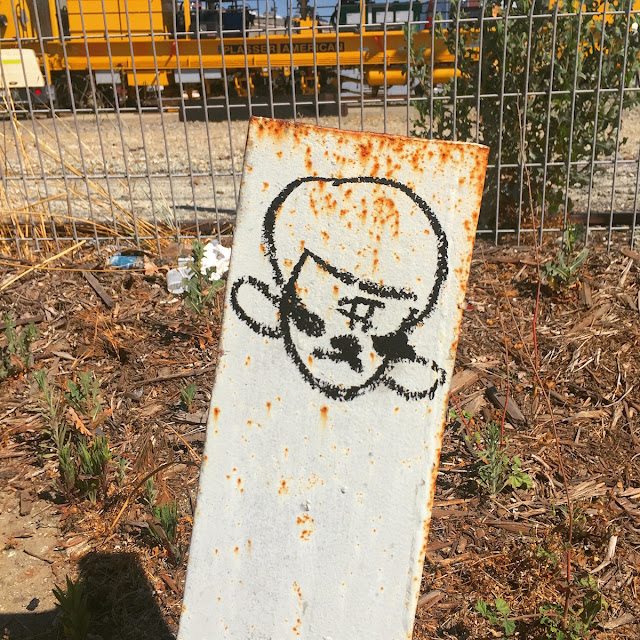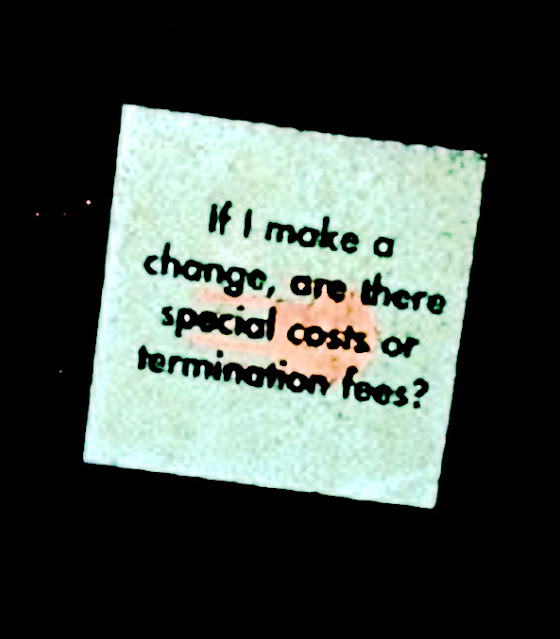Oh come back, whatever heart
you have left. It is my life
you save. The poem is done.
—John Wieners
This from the last 3 lines of Wieners’ “A Poem for Painters,”
in his San Francisco masterpiece The Hotel Wentley Poems.
Somewhere in Polk Gulch, purportedly about being painted
by Robert LaVigne, nine years and ten days before I, myself,
crawled through a drainpipe in Fort Smith, Arkansas, ugly
and slapped. I cried, too, halfway between San Francisco
and Boston, knowing even then, perhaps, that I’d be nowhere
but anywhere until I was either here or there. Here being
one block down from the eastern tip of Nob Hill, which is
just a few short blocks east of Polk Gulch, which, also, to-
wards (or almost to), I walk almost daily. This, the neighbor-
hood of the Hotel Wentley at a certain time. If I have all of thefacts straight, that is less than a mile from me, now, sitting at
my desk, looking over the rooftops of the Tenderloin to
my right, and the nibs of the landmark shortscrapers
of the Financial District to my left. I had the great honor
of hearing Wieners read from his own voice, in person, a
couple of times when he was alive. And also, when he
was alive (somewhat, it seemed to me), at the Corbetts’
party in the South End (Boston, of course – so grand
were Bill and Beverly’s parties there, so lucky I felt,
and if ever there were a man as good at paying homage,
be it to greats such as Wieners or to unknowns, such
as my lowly self, I do not know as he seemed the best.
I took my very first poetry class, at MIT, where it was
free to me, an employee, just under 30 years old).
This particular party, held shortly after the inaugural
of Pressed Wafer, a press the name of which derivedfrom another line of John Wieners’ poetry. It was
at this party that I first officially met him, Wieners. I’ve
no idea exactly what I said to him but I do remember
cradling his hand for a moment, over-excitedly, a
hand that, as I do recall, could rarely be seen, only
emerging occasionally from whatever longer-than-
arms’-length jacket he’d be wearing. But when
they did stretch through and out of those overly long
sleeves, they’d reach out—through Kentucky and
over the Hoover Dam—like a bridge across a fucked-
up continent, and to a down and outcast heart, which
is how I at least think of mine now, mouldering, even,
never quite able to crack, though, like LaVigne’s poetried
portrait of John, or the memory of that lovely and surreal
party held in honor of a man who was and is a superhero
to many, certainly to myself. All of this just clings to my
insides, gripping at lung and tarnish, at whatever heart
there is or might be. It’d be nothing but a hollow wish,
this living, during times like these, were it not for you
and yours to come and save. My gratitude to you all,
those who are always at the rescue.










